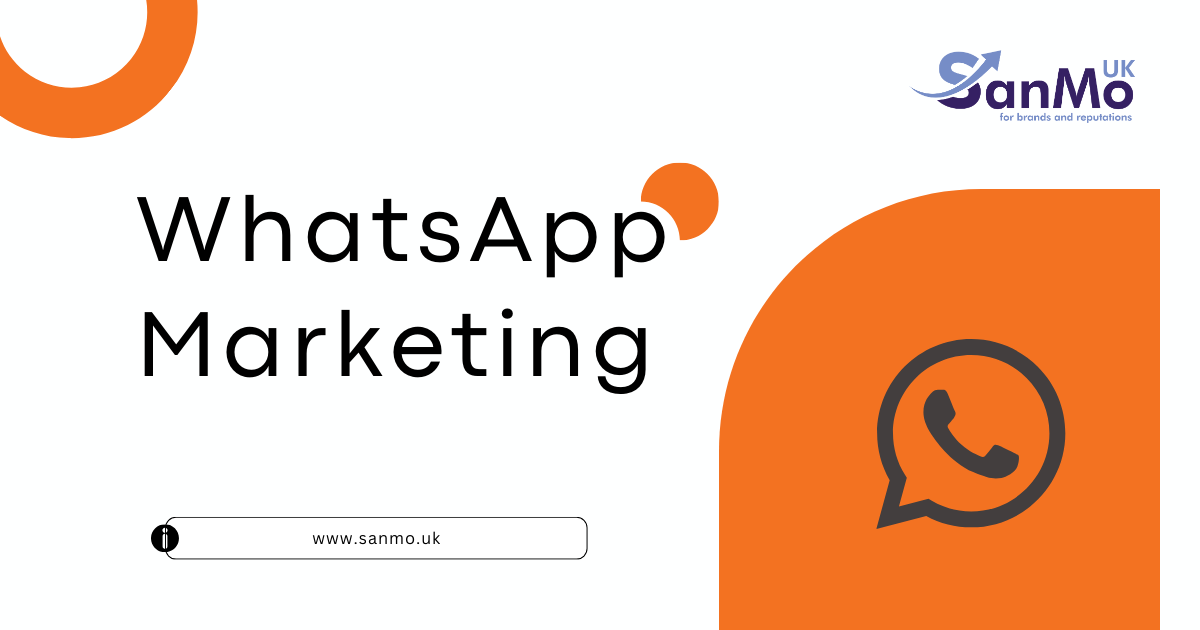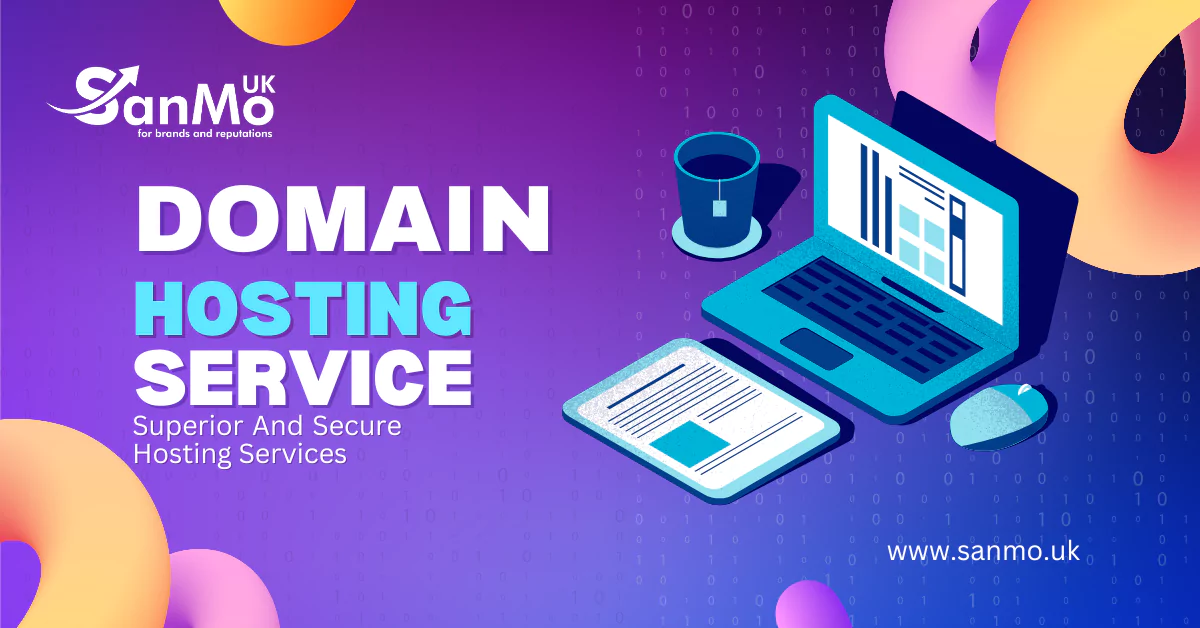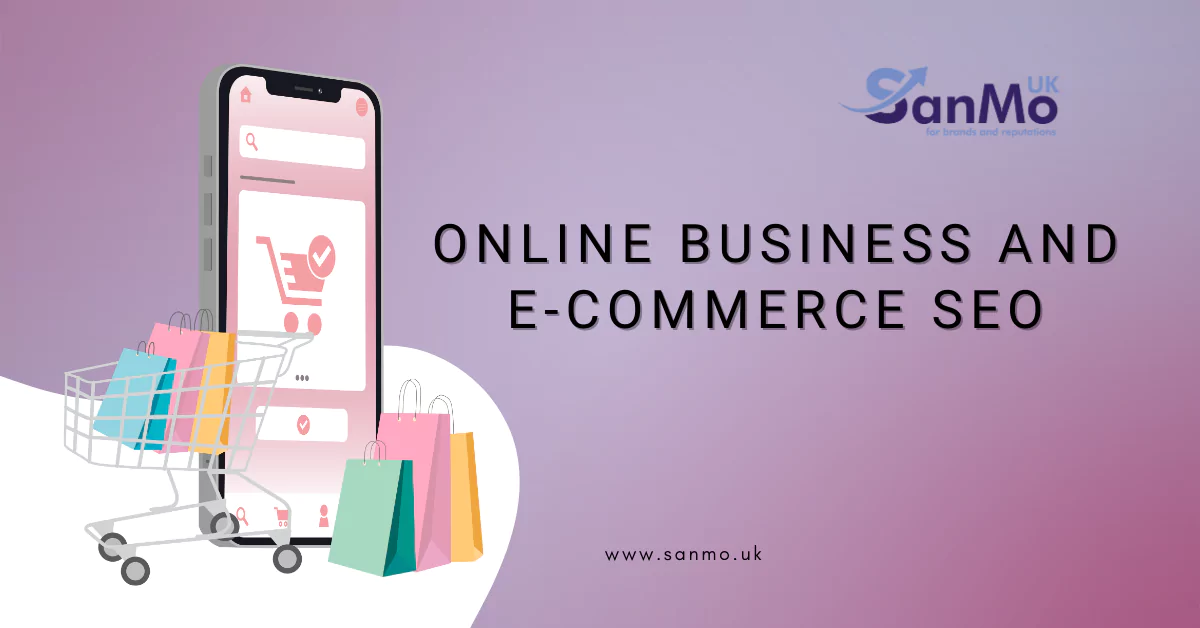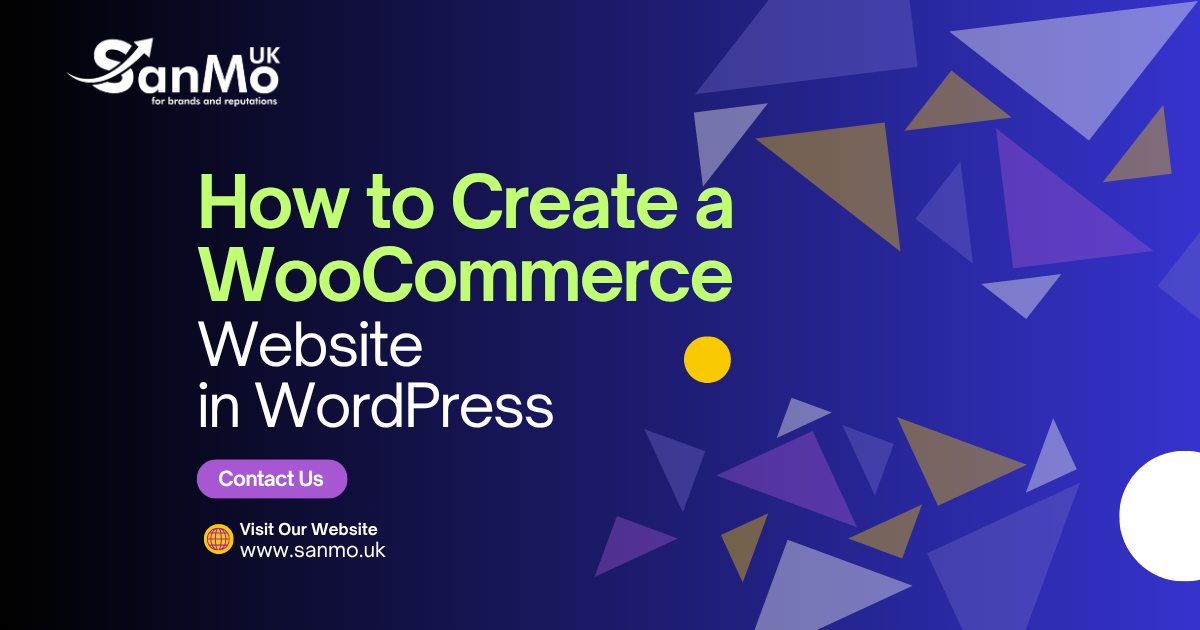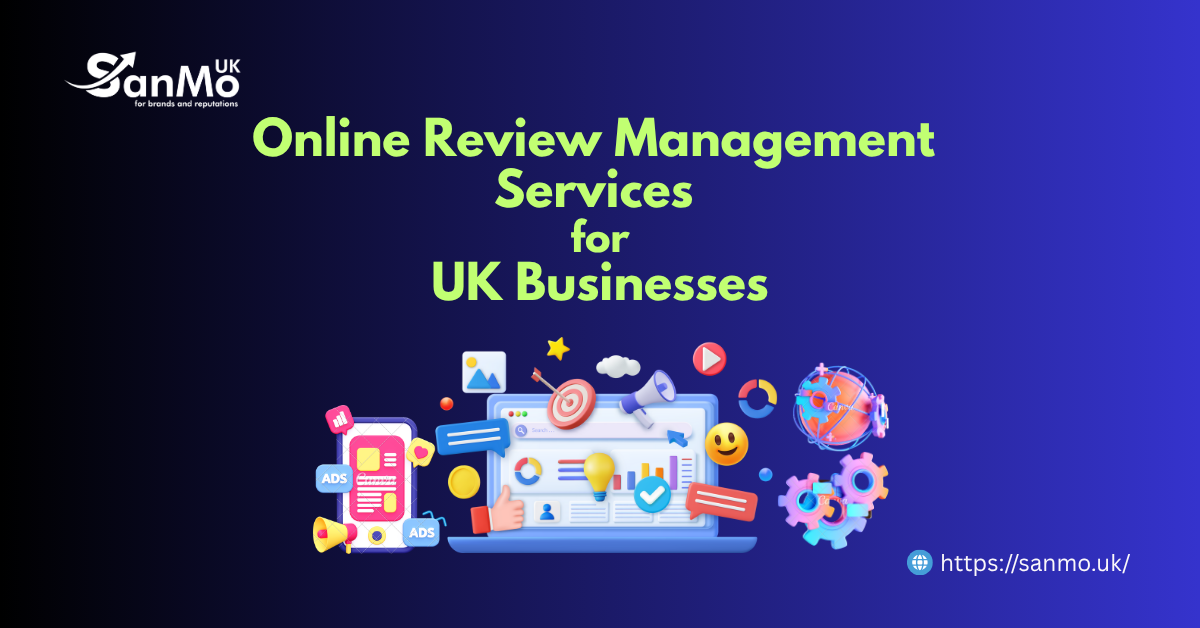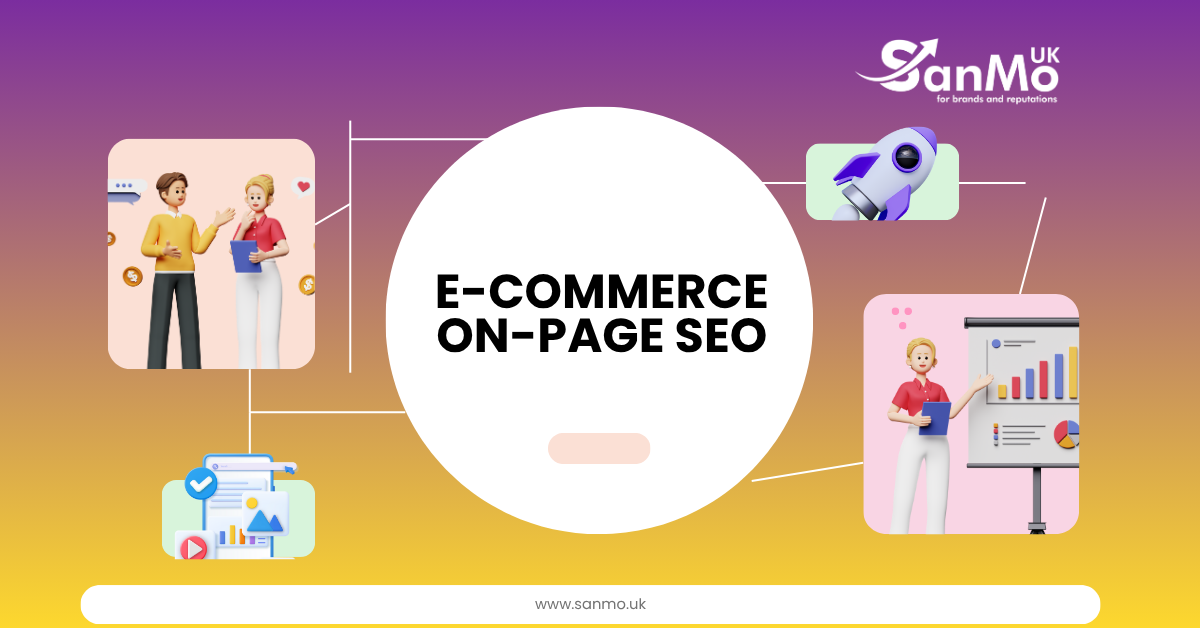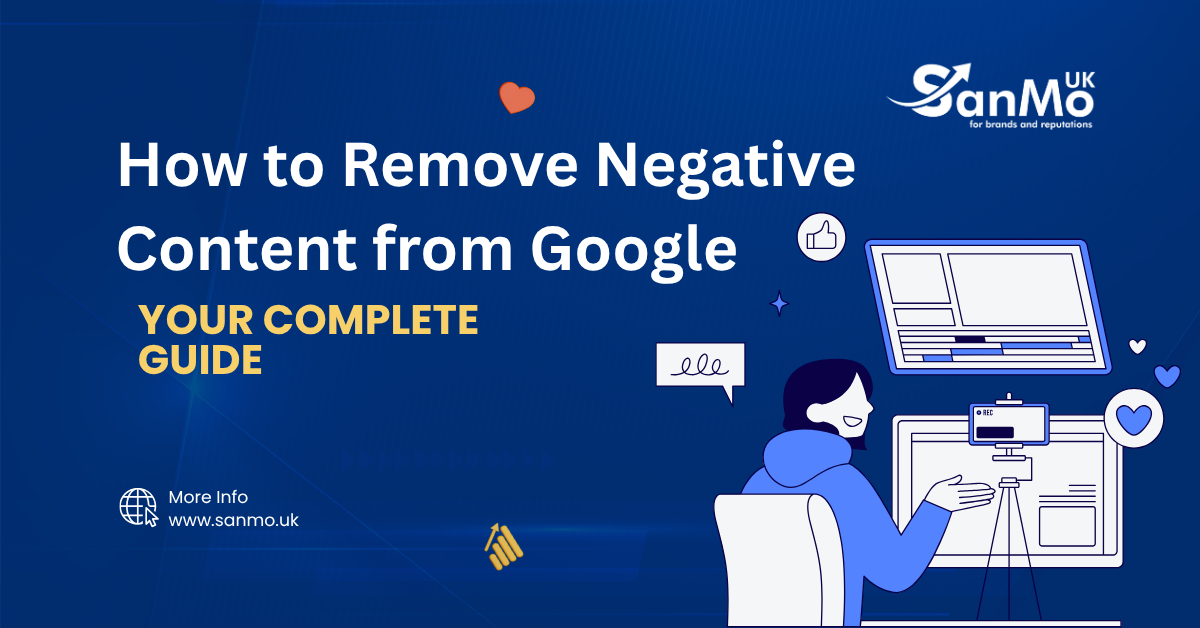When Sarah, a boutique owner in Manchester, decided to send out notifications about her summer collection last year, she experienced something remarkable. Her traditional email campaign generated a modest 22% open rate, while her WhatsApp messages achieved an astonishing 98% open rate with 86% of recipients viewing the collection within hours.
This isn’t an isolated case. Across the UK market, businesses are witnessing a significant shift in how customers prefer to engage with brands. The intimate, immediate nature of WhatsApp has transformed it from a personal messaging app into a powerful marketing channel that consistently outperforms email across multiple metrics.
Why British Consumers Trust WhatsApp Messages
The psychology behind WhatsApp’s effectiveness stems from its origin as a personal communication tool. When consumers receive messages on WhatsApp, they arrive in the same space where they chat with friends and family. This creates an immediate sense of familiarity and trust that email simply cannot match.
Recent surveys reveal that UK consumers check WhatsApp an average of 23 times daily, compared to just 5-6 email checks. This extraordinary difference in engagement creates an opportunity for businesses that understand how to respectfully enter this personal space.
“The key difference is perception,” explains marketing psychologist Dr. Emma Thompson. “Email arrives in a space mentally designated for promotions and work, while WhatsApp messages appear in a space associated with trusted personal relationships.”
The Numbers Don’t Lie: Engagement Metrics
Statistics from across industries demonstrate WhatsApp’s clear advantage:
WhatsApp messages achieve open rates of 95-98% compared to email’s average of 18-23% in the UK market. The click-through rate on WhatsApp links averages 45-60%, dwarfing email’s typical 2-5% rate. Perhaps most tellingly, response rates to WhatsApp messages are approximately 40%, compared to email’s dismal 0.1% response rate.
These figures represent more than just improved visibility—they reflect a fundamental difference in how consumers perceive and interact with these communications channels.
Real-World Application: Building Trust Through Conversation
James Wilson, a financial advisor in London, transformed his client relationship approach by incorporating WhatsApp into his communication strategy. Rather than sending quarterly newsletter emails that often went unread, he began sending personalised WhatsApp messages to check in with clients.
“The conversation feels natural,” Wilson notes. “Clients respond quickly, ask questions they might have hesitated to ask via email, and the relationship becomes more collaborative.”
This conversational quality distinguishes WhatsApp marketing from traditional email campaigns. The platform encourages two-way communication rather than one-way broadcasting, creating genuine dialogue that builds lasting trust.
Compliance and Trust: The British Perspective
Perhaps surprisingly, WhatsApp’s opt-in nature actually enhances its trustworthiness in the privacy-conscious UK market. Under GDPR requirements, businesses must secure explicit permission before sending marketing communications—a process that becomes remarkably transparent on WhatsApp.
When consumers choose to engage with a business on WhatsApp, they are making a conscious decision to invite that business into their personal messaging space. This deliberate opt-in creates a foundation of trust that significantly outpaces the often unclear subscription processes associated with email marketing.
The visible “read receipts” on WhatsApp also create accountability that email lacks. Businesses can see when messages are received and read, encouraging more thoughtful, relevant communications.
Beyond Text: Rich Media Engagement
WhatsApp enables businesses to share various media types—images, short videos, voice notes, documents, and location pins—all within a single conversation thread. This rich media environment creates more engaging customer experiences compared to email’s more limited capabilities.
Voice notes, in particular, have proven exceptionally effective for UK businesses. They add a personal touch that humanises brand communications, with many businesses reporting that brief voice messages from team members generate significantly higher response rates than text-only messages.
Integration with Customer Journey
The most successful UK businesses aren’t using WhatsApp as an isolated channel but are integrating it throughout the customer journey. From initial inquiries to post-purchase support, WhatsApp creates a continuous thread of communication that feels cohesive to consumers.
This integration capability—connecting pre-sale questions, purchase confirmations, delivery updates, usage support, and feedback collection in one ongoing conversation—creates a sense of relationship continuity that fragmented email communications struggle to achieve.
The Future of WhatsApp Marketing in the UK
As more British consumers embrace WhatsApp as their preferred communication channel, businesses that establish a presence now will enjoy first-mover advantages. The platform continues to introduce business-friendly features while maintaining the personal feel that makes it so effective.
The introduction of WhatsApp Catalogues and Shopping features makes the platform even more valuable for UK retailers and service providers. These tools allow businesses to showcase products directly within WhatsApp conversations, creating seamless shopping experiences without requiring consumers to visit external websites.
Finding the Right Balance
Despite WhatsApp’s advantages, successful implementation requires careful consideration. Message frequency, content value, and conversation management are critical factors in maintaining the trust advantage WhatsApp offers.
“The businesses seeing the best results treat WhatsApp like a premium channel,” notes digital strategist Mark Reynolds. “They’re respectful of its personal nature, sending fewer but more impactful messages than they might via email.”
This strategic approach emphasises quality over quantity—precisely the opposite of many email marketing campaigns that rely on volume to overcome low engagement rates.
Getting Started with WhatsApp Marketing
For UK businesses interested in exploring WhatsApp’s potential, beginning with the right foundation is essential. Visit our comprehensive WhatsApp Marketing services page to learn how our agency helps businesses implement effective WhatsApp strategies tailored to the UK market.
The shift toward WhatsApp marketing represents more than just adopting a new channel—it signifies a fundamental change in how businesses communicate with customers. By entering the intimate space of personal messaging with respect and value, brands can build unprecedented levels of trust and engagement.
As email inboxes grow increasingly crowded and ignored, WhatsApp offers a refreshing alternative—a direct line to customers who are genuinely interested in hearing what your business has to say.

